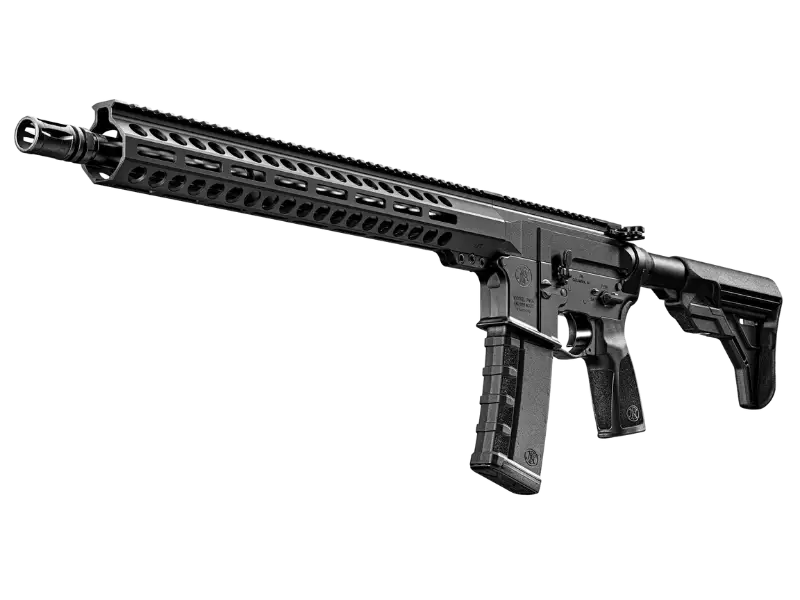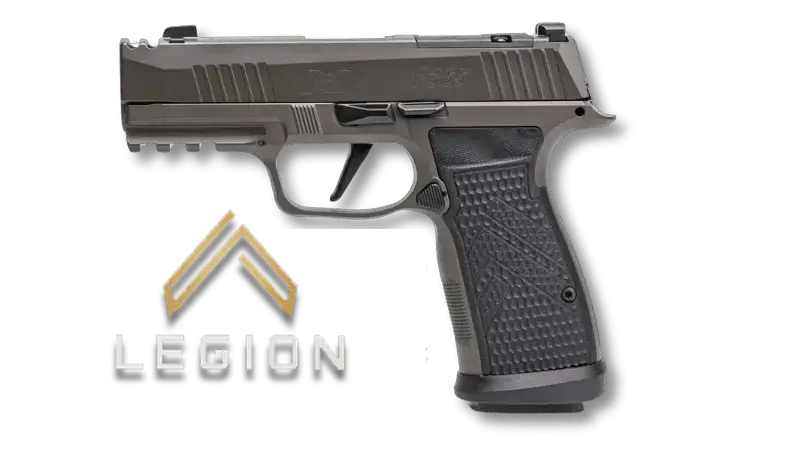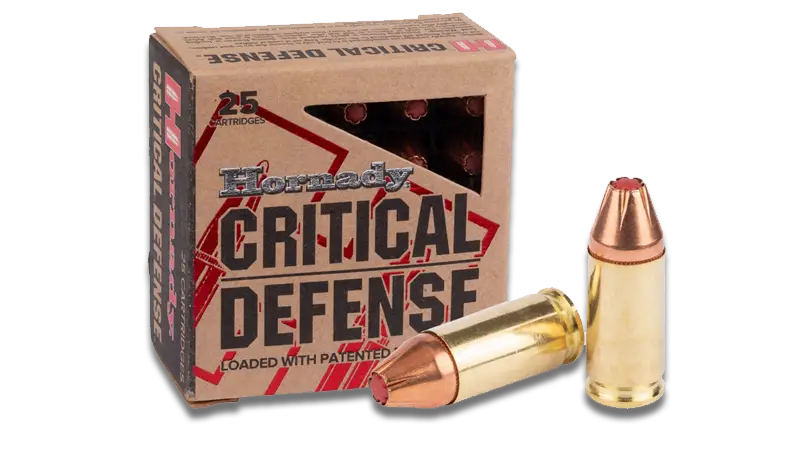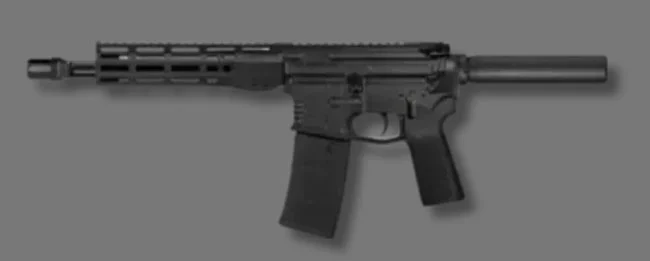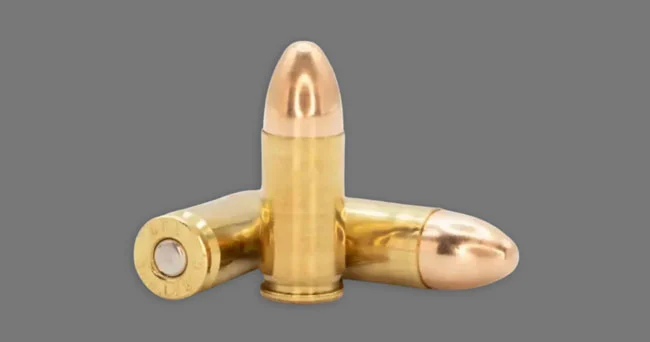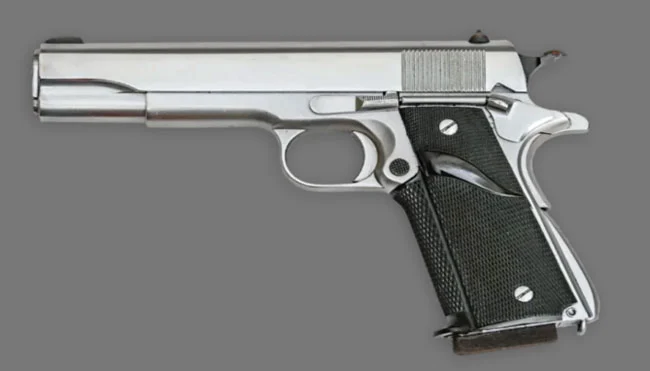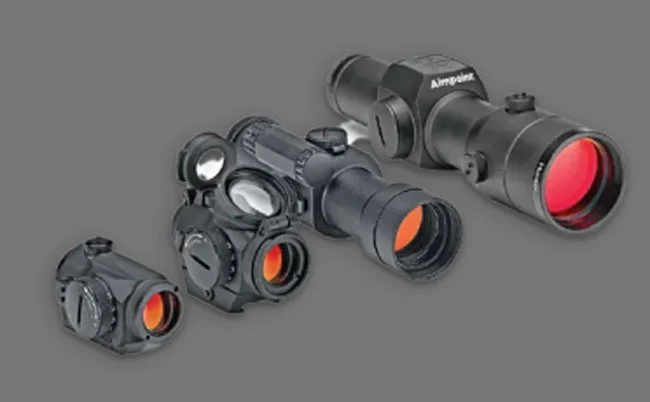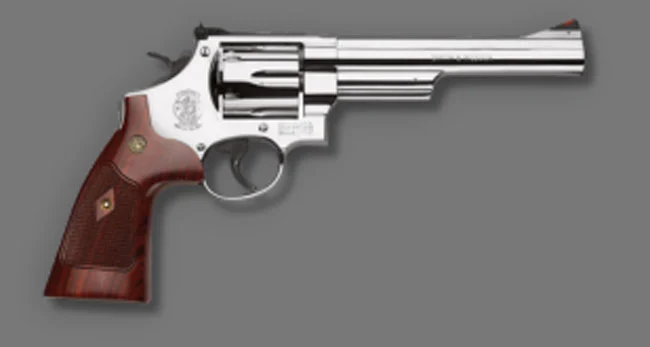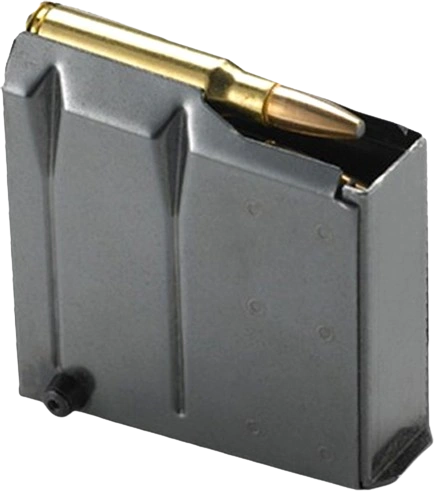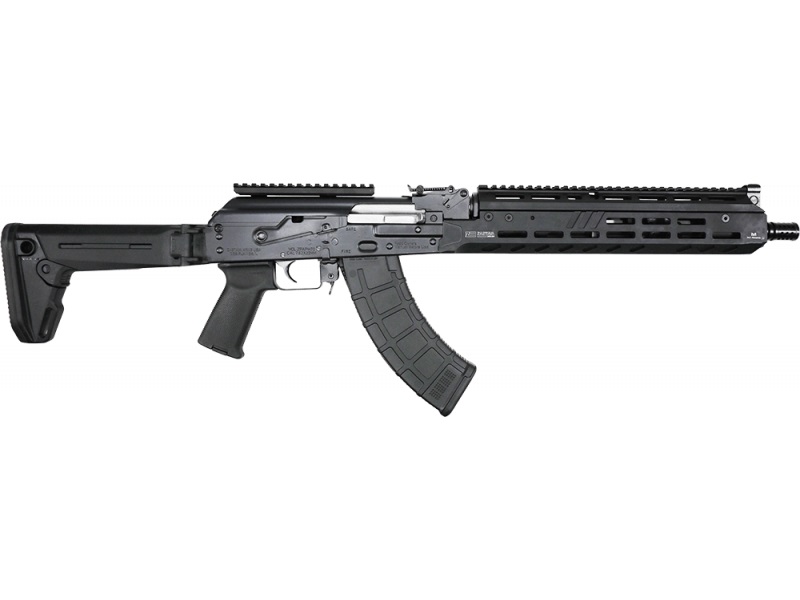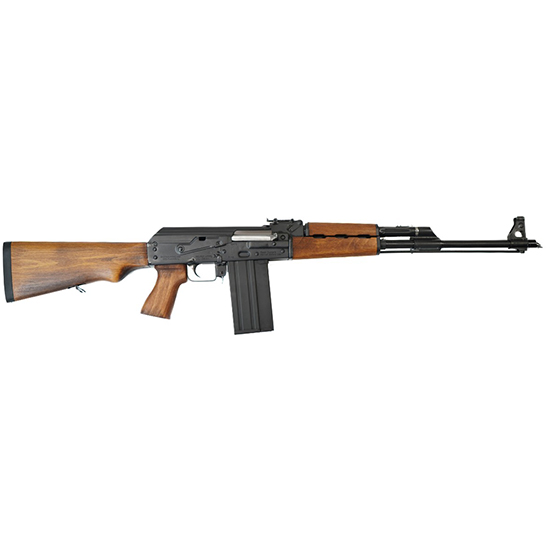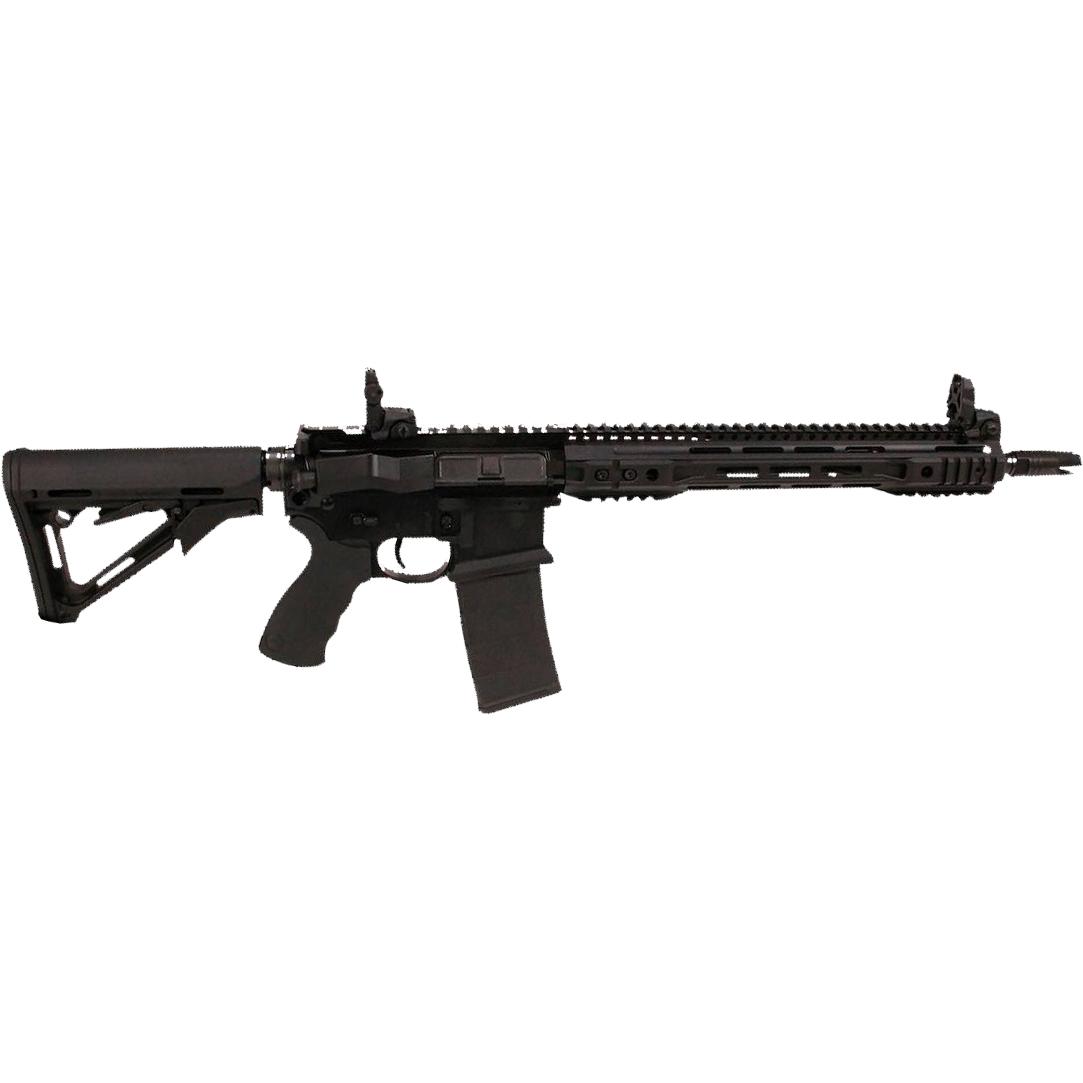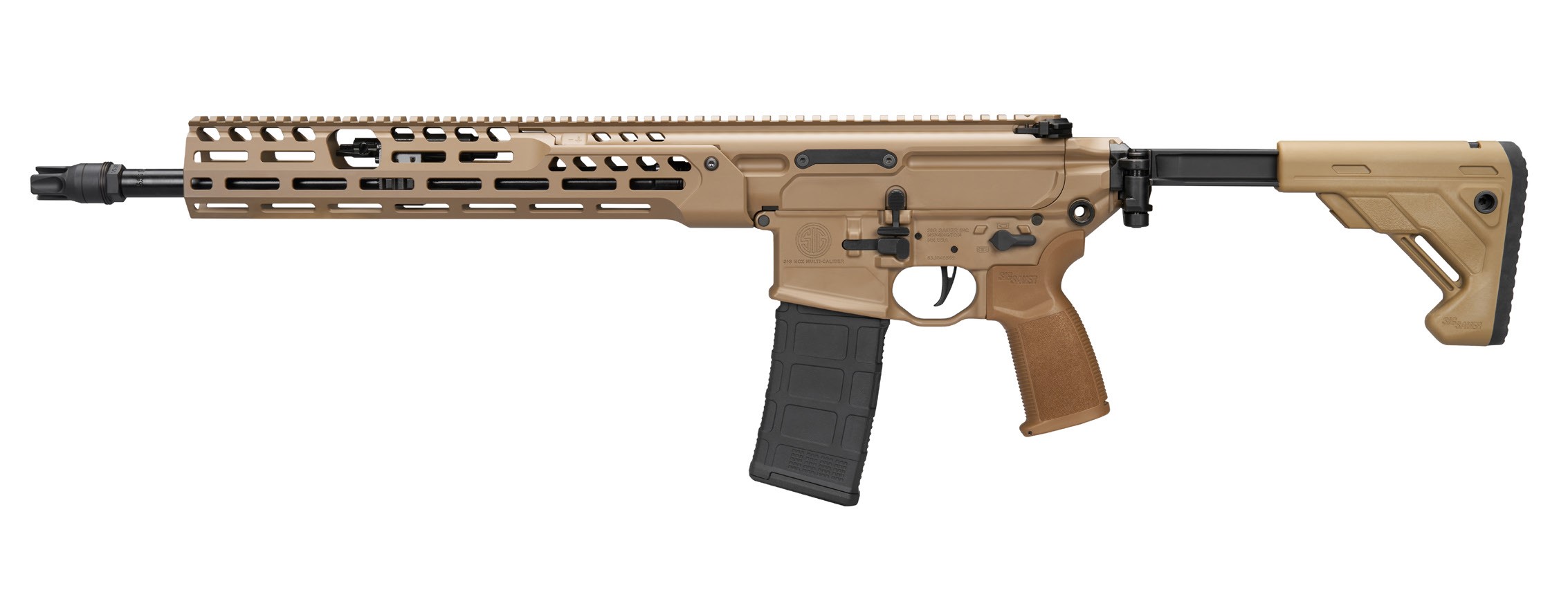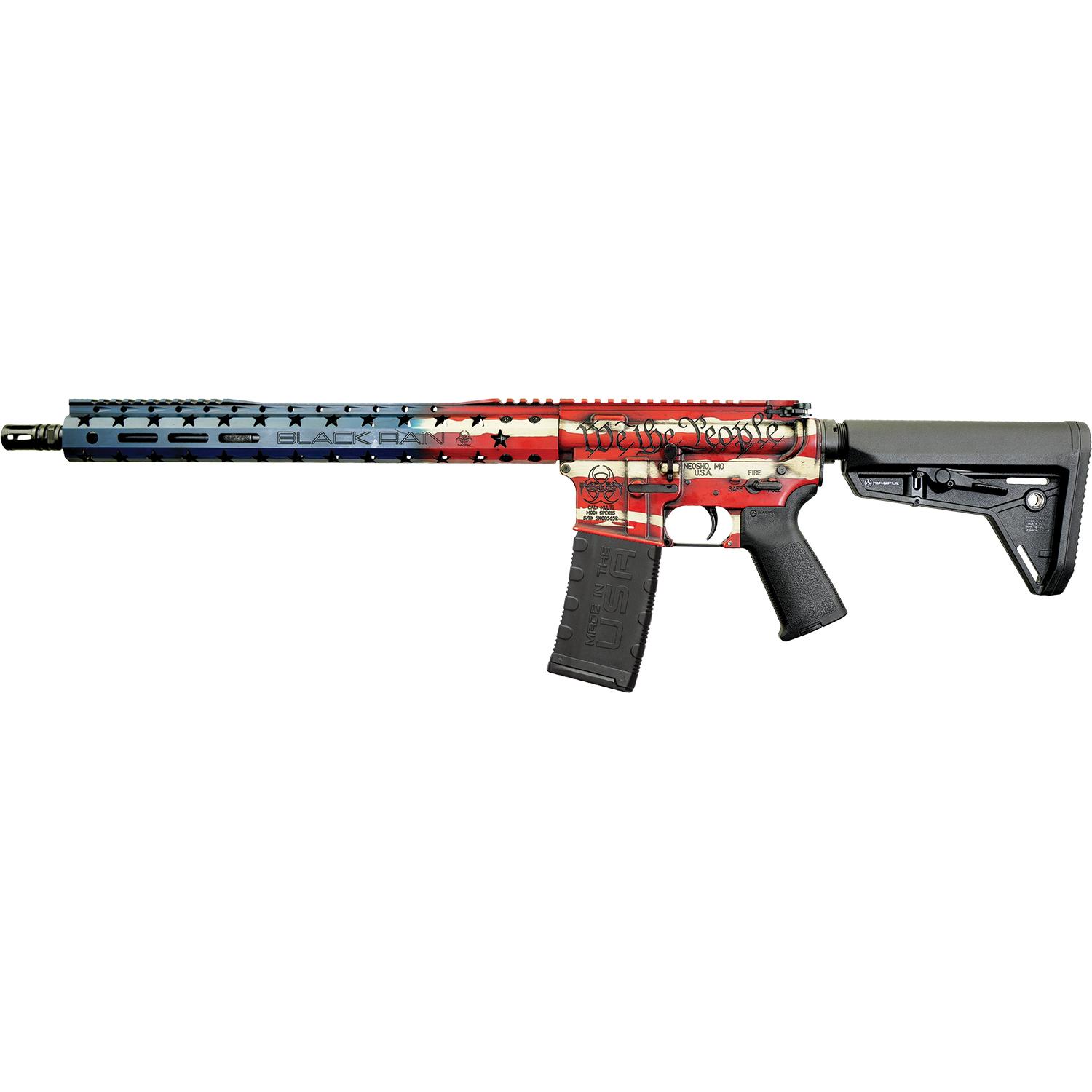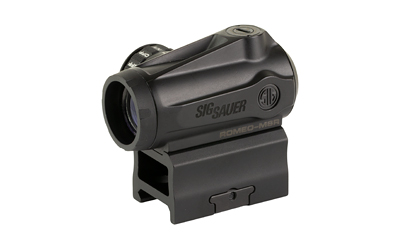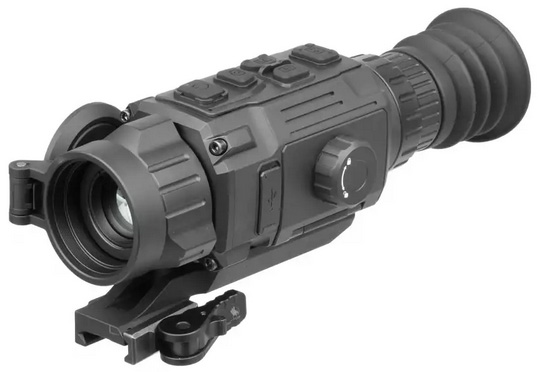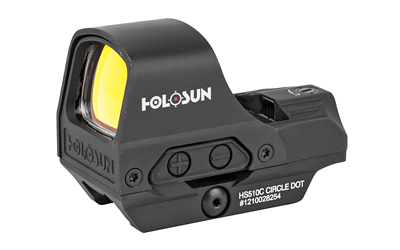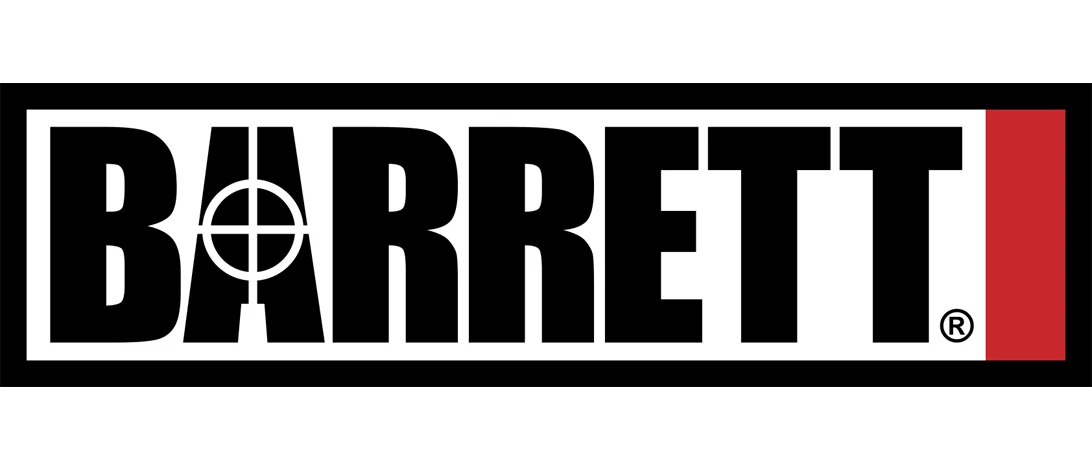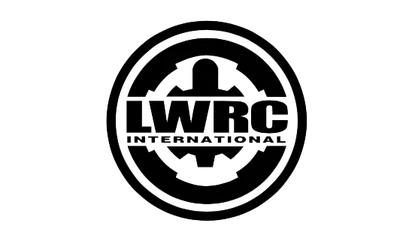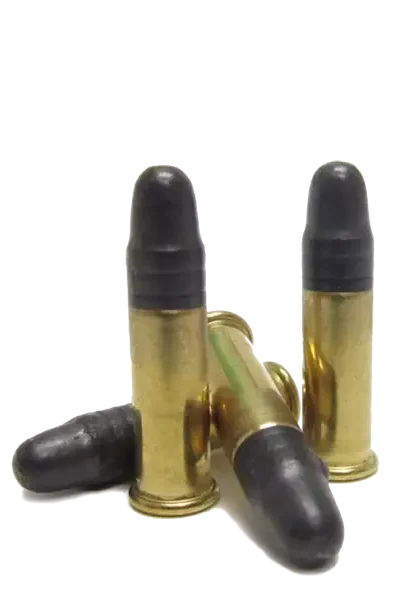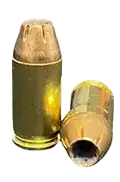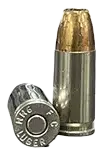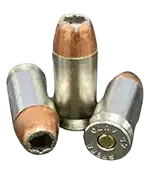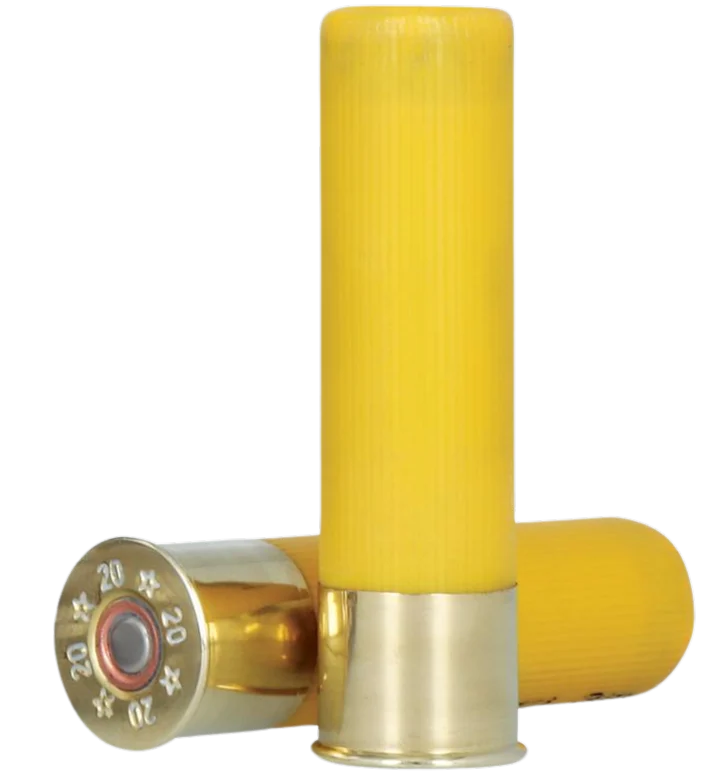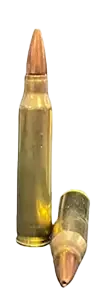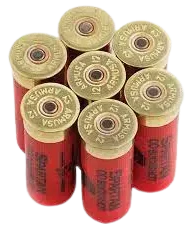Featured Categories
Featured Rifles
What We Stand For
Armed In Michigan is a family owned and operated business, with locations in Westland and Highland. We offer customers a curated selection of +1,000 firearms at competitive prices, the ability to buy and/or sell firearms, CPL classes, holsters, apparel, and other accessories. Whether you’re a first-time firearm buyer or a seasoned industry professional, we guarantee a best-in-class experience that caters to every type of customer.
Read MoreFeatured Optics
Featured Brands
Testimonials
He explained the legal, safety, and practical aspects of firearm ownership with clarity and patience, making sure every student—no matter their experience level—understood and felt comfortable. What really stood out was his ability to balance serious responsibility with approachable teaching. He never rushed through anything, welcomed all questions, and gave real-life examples that helped me connect with the material on a deeper level.
I walked away from the class feeling confident, educated, and prepared—not just to carry legally, but to carry responsibly. Christian is clearly passionate about what he does, and it shows in the way he teaches. I highly recommend him to anyone seeking their CPL or looking to deepen their knowledge about firearm safety and responsibility.
Thank you, Christian, for making this experience so worthwhile!
From our Blog
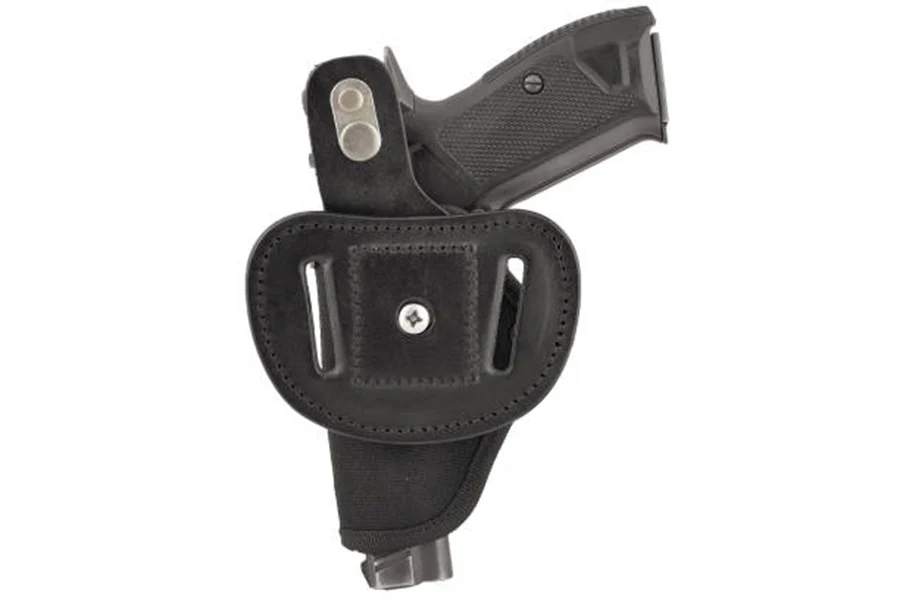
Best Concealed Carry Holsters [Hands-On Tested]
The Concealed Carry Mindset Carrying a concealed firearm is more than just a practical decision—it’s a commitment to safety, responsibility, and constant awareness. The concealed

Concealed Carry [The Definitive Guide]
The Concealed Carry Mindset Carrying a concealed firearm is more than just a practical decision—it’s a commitment to safety, responsibility, and constant awareness. The concealed
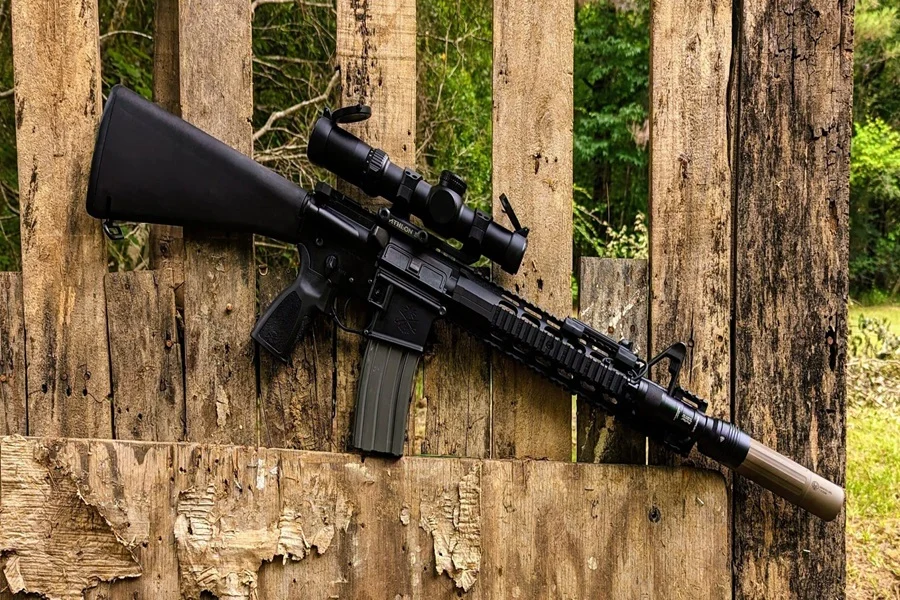
Palmetto State Armory Coupons & Deals – June 2025
Palmetto State Armory Coupons and Deals - June 2025 Palmetto State Armory (PSA) is one of the most trusted retailers for firearms, ammunition, and outdoor
Contact Us
A Complete Guide to Starting the Best Gun Store in Dearborn, MI: Business Plan, Costs, and Setup Tips
Starting a gun shop can be a rewarding business venture for enthusiasts and entrepreneurs alike. However, entering this niche market requires careful planning, strategic decision-making, and adherence to legal obligations. Below is a comprehensive guide to help you navigate the process of opening your own gun shop.
Step 1: Research and Market Analysis for a Local Gun Store in Dearborn, MI
- Market Demand: Analyze trends in firearm sales locally and nationally. Research what types of firearms (handguns, rifles, shotguns) or accessories are most in demand in your area.
- Target Audience: Identify who your customers will be—hunters, collectors, law enforcement officers, or first-time buyers—and tailor your offerings accordingly.
- Competition: Assess the number of existing gun shops in your area. Study their pricing strategies, product range, customer service approach, and promotional methods.
Step 2: How to Buy Guns in Dearborn, MI and Develop a Business Plan
- Executive Summary: Briefly outline your vision for the gun shop and its goals.
- Business Structure: Decide whether you’ll operate as a sole proprietorship, partnership, or LLC. The latter is often preferred for liability protection in an industry like firearms sales.
- Market Strategy: Define how you will attract customers—through advertising campaigns, social media presence, partnerships with local shooting ranges or training centers.
- In-store sales
- E-commerce capabilities (if legally compliant)
- Gun shows or other events
- Expected revenue from firearm sales
- Additional income from ammunition and accessories
- Costs (licensing fees, inventory acquisition)
Section Description Licensing & Legal Fees Federal Firearms License (FFL), state permits Initial Inventory Firearms stock; ammunition; accessories Marketing Budget Digital ads; print materials; promotions Store Setup Rent/lease; shelving/display cases Step 3: Understand Startup Costs for Gun Stores Around Me
- A Federal Firearms License (FFL) application costs $200-$300 depending on business structure.
- State-level permits may also apply depending on jurisdiction.
- Gun safes
- Display cases
- Security systems such as cameras or alarms
- Inventory Acquiring sufficient starter stock is essential:
- Firearms (variety of brands/models): $10k-$50k based on scope
- Ammunition stockpile
- Accessories like holsters or cleaning kits
- Marketing and Branding Allocate funds toward building an online presence via social media platforms or Google Ads.
- Miscellaneous Costs Include insurance policies specific to firearms businesses as well as legal consultation fees.
Step 4: Obtain Licenses & Permits
- Apply for an FFL through the Bureau of Alcohol Tobacco Firearms & Explosives (ATF). Prepare for inspection during this process.
- Check local zoning requirements to ensure you can operate a firearm-related business at your chosen location.
- Adhere strictly to recordkeeping rules mandated by ATF regarding firearm transactions.
Step 5: Design an Appealing Layout for Gun Shops Near Me
- Use secure glass showcases to display high-value firearms while keeping them accessible under staff supervision.
- Dedicate sections for ammunition bins organized by caliber and accessory shelves arranged categorically.
- Incorporate comfortable seating areas near counters where customers may wait during background checks.
By addressing all these components systematically within your planning phase ensures not only operational efficiency but also enhances credibility among peers/communities likely engaged regulatory-practices necessary
Tips for Choosing the Best Location and Store Layout for Your Gun Shop in Dearborn, MI
Selecting the right location and designing an efficient, customer-friendly layout are critical steps when starting a gun shop. These elements can significantly impact foot traffic, sales, and customer experience. Below, we’ll explore key considerations for choosing your store’s location and optimizing its layout to set your business up for success.
Key Factors to Consider When Choosing Gun Dealers in Dearborn, MI
- Zoning Regulations: Confirm that the area allows firearm-related businesses by checking municipal zoning laws. Many regions have restrictions on where gun shops can operate.
- Proximity to Target Audience: Locate your store in an area frequented by outdoor enthusiasts, hunters, or shooting sports participants.
- Demographics: Research the demographics of your preferred location. Areas with high firearm ownership or interest in outdoor activities tend to be more favorable.
- Competitor Analysis: Assess nearby competitors to evaluate market saturation while identifying gaps you could fill.
- Accessibility: Ensure the store is easy to access via main roads or public transportation. Ample parking is also a necessity.
Factor Why It Matters Zoning Regulations Ensures compliance with local laws Proximity to Target Audience Helps attract potential buyers Demographics Identifies areas with higher interest in firearms Competitor Analysis Opens opportunities for differentiation Accessibility Enhances customer convenience Discover the Best Gun Stores in Dearborn, MI and Their Effective Shop Layouts
Once you’ve secured a prime location, designing a functional and appealing store layout is essential. A well-thought-out design not only enhances customer experience but also ensures safety and security.
How to Find the Best Store Layout for Handguns Near Me
- Create a welcoming entrance with clear signage displaying your store’s name and business hours.
- Use this space for promotional displays or introducing new arrivals.
- Divide the showroom into sections based on product categories like handguns, rifles, ammunition, accessories (e.g., holsters or scopes), and safety gear.
- Use well-lit display cases for showcasing firearms securely while allowing customers an unobstructed view.
- Install surveillance systems covering all areas of the shop.
- Secure firearms using locked display cases or tether systems.
- Include alarms near exit points to deter theft.
- Place this near the center or back of the shop for easy assistance without crowding entry points.
- Ensure employees have clear sightlines across the entire showroom from here.
- Designate secure storage rooms for surplus inventory with limited access only granted to authorized personnel.
Finding the Best Gun Dealers Near Me
- Keep aisles wide enough for multiple people to navigate comfortably.
- Place high-demand items near entrances but within line-of-sight from staff areas.
- Use directional signage or floor markings to guide customers through sections logically.
Finding the Best Gunsmith Near Me: A Guide to Quality Craftsmanship
Aesthetic appeal can make your shop stand out: – Opt for neutral tones paired with wood or metal accents that evoke confidence and professionalism. – Incorporate branding elements like logos on walls or counters. – Utilize digital displays for showcasing tutorials, safety tips, or product promotions.
Final Thoughts on Location & Layout
Choosing an optimal location and designing an effective layout require balancing legal compliance with customer needs and operational efficiency. By carefully considering these aspects during planning stages, you can position your gun shop as both trustworthy and appealing—ensuring long-term success in this competitive industry.
Finding the Best Handgun Stores in Dearborn, MI and Tips for Designing Their Layout
Selecting the right location and designing an effective layout are critical steps in opening a successful gun shop. These decisions not only impact regulatory compliance but also influence customer experience, sales performance, and safety. Below is a comprehensive guide to help you identify the ideal location and create an efficient store design.
Factors to Consider When Choosing a Location
- Choose an area where firearm ownership is common or culturally accepted.
- Research your target audience, focusing on age groups, interests (e.g., hunting or self-defense), and socioeconomic factors.
- Verify zoning restrictions in your desired location as firearm shops may be prohibited in certain areas (e.g., near schools or residential neighborhoods).
- Work closely with local authorities to ensure full compliance with municipal regulations.
- Assess the presence of other gun shops in the vicinity. A location saturated with competitors may reduce market opportunities unless you offer distinct advantages.
- If competition exists, identify gaps in their inventory or services that you can exploit.
- Opt for locations that are easy to find and access by car or public transportation. Ample parking is a plus for customer convenience.
- Ensure your store is compliant with ADA (Americans with Disabilities Act) requirements for accessibility.
- Select a secure area with low crime rates to protect your inventory and build trust with customers.
- Proximity to law enforcement or surveillance coverage can also deter potential threats.
Designing the Perfect Store Layout
A well-thought-out layout improves operational efficiency, enhances customer satisfaction, and ensures safety for both staff and patrons.
1. Storefront Design
- Create an inviting storefront that reflects professionalism while adhering to local signage laws.
- Use clear branding and display popular firearms or accessories through secure glass windows where legal.
2. Security Measures Inside the Store
- Install surveillance cameras covering all areas of the shop.
- Use reinforced display cases with tamper-proof locks for firearms.
- Establish secure storage areas like safes or vaults for overnight inventory storage.
3. Customer-Focused Floor Plan
Section Items/Services Layout Tips Firearms Display Handguns, rifles, shotguns Arrange by category; keep high-demand items central to draw attention Accessories & Gear Ammunition, holsters, cleaning kits Place smaller items near checkout counters for impulse purchases Consultation Area For discussing permits or custom orders Provide seating; maintain privacy 4. Range Integration
If including a shooting range: – Isolate it from retail space using soundproof materials. – Comply with ventilation systems required by law. – Clearly mark separate entrances if necessary based on zoning rules.
5. Checkout & Compliance Area
- Dedicate specific counters for background checks and firearm transfers to keep the flow organized.
- Offer comfortable waiting areas while paperwork processes are completed.
Enhancing Customer Experience Through Design
- Bright yet non-reflective lighting helps showcase products effectively without causing glare.
- Display price tags clearly alongside product details like caliber size or manufacturer specifications.
- Add sections featuring educational material about responsible firearm ownership or upcoming classes at your shop.
By carefully choosing a strategic location and creating a functional yet appealing layout, you can set up a gun shop that satisfies regulatory requirements while fostering growth through excellent customer experiences.
Building a Starter Stock for Retail Gun Stores in Dearborn, MI
Proper inventory planning is essential for building a successful gun shop. Your initial stock should cater to your target audience while balancing selection, quality, and budget. Below, we outline the key steps and considerations to help you build an effective starter inventory.
1. Understand Your Target Market
- Local laws and regulations: Specific firearms may be restricted in your state or locality.
- Demographics: Are your customers likely to be hunters, sport shooters, collectors, or individuals purchasing for self-defense?
- Trends in firearm sales: Research what’s currently popular in the industry.
2. Core Product Categories
- Handguns (e.g., revolvers, semi-automatics)
- Rifles (e.g., bolt-action rifles, AR-style rifles)
- Shotguns (e.g., pump-action shotguns, semi-automatic shotguns)
- Common calibers like .22 LR, 9mm, .223/5.56 NATO.
- Specialty ammunition based on local demand (e.g., hunting rounds).
- Holsters
- Scopes and optics
- Cleaning kits
- Cases and safes
- Eye protection
- Ear protection
Product Category Examples Notes Firearms Handguns, Rifles Focus on popular models like Glock handguns or AR-style rifles Ammunition .22LR, .223/5.56 Ensure a mix of calibers for various firearm types Accessories Optics, Holsters Offer both premium and budget-friendly options Safety Equipment Ear muffs/Earplugs Essential for promoting safe firearm usage 3. Plan Inventory Size Strategically
When determining how much inventory to stock initially: – Start small but diverse: Focus on a variety of products rather than large quantities of each item. – Monitor demand trends: Use available industry data or feedback from customers. – Factor in seasonal changes: Hunting seasons may require increased stock of specific firearms and ammunition.
4. Establish Relationships with Suppliers
Partnering with reliable vendors ensures consistent product availability at competitive prices. Look for these key features when choosing suppliers: – Wholesale discounts – Proven quality assurance processes – Flexible shipping options
Some notable wholesale distributors include Davidson’s Inc., RSR Group Inc., Zanders Sporting Goods, and Sports South LLC.
Tips for Managing Initial Inventory Costs
Starting a gun shop can be costly; managing expenses wisely is critical when building your stockpile: 1. Prioritize high-demand items over niche products. 2. Explore financing options with suppliers who offer payment terms. 3. Utilize drop-shipping services where feasible to reduce upfront costs.
By taking these steps into account during the initial inventory planning stage, you’ll set up your gun shop with the right combination of products that meet customer expectations while staying within budget constraints.
Financing Options for a Gun Dealer in Dearborn, MI to Launch and Sustain Your Shop
Starting a gun shop requires not only a solid business plan but also robust financial preparation. Accessing the right financing options can significantly affect your ability to launch and sustain your business in the long run. Below, we’ll explore various financing methods, their benefits, and tips for managing your financial resources effectively.
1. Self-Funding
Self-funding is one of the most straightforward ways to finance your gun shop. This involves using personal savings or liquidating assets to cover startup expenses.
Advantages:
– No debt or interest payments
– Full control over financial decisions
– No need for external approvalConsiderations:
– Risk of depleting savings
– Limited growth potential if funds are insufficientIf you opt for self-funding, ensure you retain enough personal reserves for emergencies outside of your business.
2. Bank Loans
Traditional bank loans are a popular choice for financing a gun shop due to potentially favorable interest rates and structured repayment terms. However, approval depends on factors like credit history, collateral availability, and the quality of your business plan.
Key Steps:
1. Prepare a comprehensive business plan showcasing your projected revenue and market research. 2. Build strong credit before applying. 3. Highlight collateral options (e.g., property or equipment).Loan Type Description Example Term Loans Fixed amount repaid over time with interest $50,000 loan with 10-year repayment SBA Loans Government-backed loans with lower risks SBA 7(a) loan at competitive rates 3. Small Business Grants
Small business grants provide funding without requiring repayment but are often competitive and may come with restrictions on how funds are used. Look into governmental grants for small businesses or funding programs specifically aimed at retailers or entrepreneurs in rural regions.
Examples of Grant Sources:
– Small Business Administration (SBA): Offers federal grant opportunities. – State-Specific Programs: Some states offer grants to support economic development in firearms retail. – Private Organizations: Nonprofit entities may offer small-business-focused grants.4. Investors and Partnerships
Attracting investors or forming partnerships can help secure the required capital while sharing risk and responsibility. Investors typically expect equity or partial ownership in exchange for providing funds.
Benefits of Investors:
– Access to larger amounts of capital – Opportunity for mentorship from experienced investors – Shared risk between stakeholdersHowever, partnering with an investor means sharing decision-making authority, which may impact how you manage your store.
5. Financing Through Equipment Leasing
Gun shops require specific equipment such as display cases, safes, security systems, point-of-sale (POS) systems, and inventory tracking software. Instead of purchasing upfront, leasing this equipment can reduce initial costs while allowing flexibility in upgrading as needed.
Pros of Leasing Equipment:
– Smaller initial investment – Potential tax deductions on lease payments – Easier access to new technology6. Crowdfunding
Crowdfunding platforms like Kickstarter or GoFundMe can be an alternative source of financing if you’re able to generate public interest in your idea. Successful campaigns often require compelling storytelling regarding why your shop is unique or serves an unmet community need.
Essential Tips for Managing Finances When Buying Guns for Sale in Dearborn, MI
Once you’ve secured funding, proper financial management is crucial:
– Track Expenses Meticulously: Use accounting software like QuickBooks or Wave Financial. – Set Aside Emergency Funds: Keep reserves in case unexpected costs arise (e.g., repairs or regulatory fees). – Reinvest Profits Strategically: Allocate portions of revenue toward expanding inventory or marketing efforts.By carefully evaluating these financing options and adopting sound fiscal practices post-launch, you’ll position yourself well not only to start but also sustain a successful gun shop business over time.

